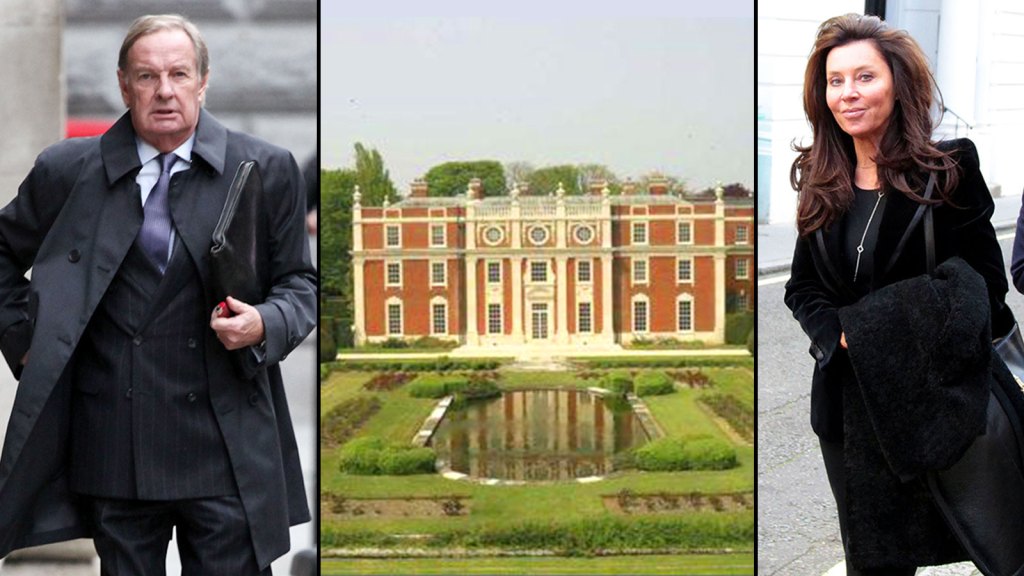Divorce Case of Retired Banker Raises Legal Questions Over Asset Division
A retired banker who transferred £80 million to his wife to mitigate inheritance tax is contesting the need to equally divide those assets in their divorce proceedings. This case has garnered significant attention from legal experts, who anticipate it will challenge established legal precedents concerning financial settlements in divorces.
Clive Standish, 72, argued before the Supreme Court that the financial assets he transferred to Anna Standish, 57, in 2017 were intended for a trust benefiting their two children. His legal team indicated that these funds should not be considered marital assets that warrant an equal split.
When Anna Standish initiated divorce proceedings in 2020, following 15 years of marriage, the assets remained under her name. Subsequently, in a High Court ruling two years later, Mr. Justice Moor decided to divide the couple’s total wealth of £132 million, awarding Mr. Standish £87 million and his wife £45 million.
Mr. Standish, who retired from UBS in 2007, contested this division, asserting that the majority of the wealth had been accrued prior to their marriage. In a recent appeal, three judges from the Court of Appeal sided with him, reducing Anna’s share to £25 million.
This case hinges on the interpretation of the Matrimonial Causes Act 1973, which outlines how assets should be divided upon divorce and distinguishes between matrimonial and non-matrimonial property.

During the Supreme Court proceedings, Lord Faulks KC, representing Anna Standish, argued that the ruling from the appeal judges resulted in the unfair outcome of Anna having minimal entitlement to the assets that were intended for her ownership as per her husband’s gift.
Faulks, a former justice minister, contended that by transferring the assets, they became marital property that should be equally divided. He warned that this ruling could significantly impact future cases where assets are gifted between spouses.
In contrast, Tim Bishop KC, representing Mr. Standish, maintained that the asset transfer should not be regarded as marital property since it was not intended solely for Anna’s benefit. Bishop stressed that the gift aimed to prevent inheritance tax liabilities and was primarily meant to benefit their children.
Bishop argued against Anna’s appeal, emphasizing that she did not act in accordance with her husband’s intent to establish a trust for the children, and dismissed her assertion about contributing to the wealth as weak and unconvincing.
This Supreme Court case is being closely monitored by divorce lawyers. Tom Quinn, a partner at Birketts law firm, stated that the outcome would likely influence asset protection strategies, nuptial agreements, and the division of inherited or pre-acquired wealth in divorces.
He noted that the ruling could redefine the landscape of financial settlements, balancing fairness and individual autonomy in claims for financial remedies.
The hearing is scheduled to conclude on Thursday, with a decision expected at a later date.




Post Comment